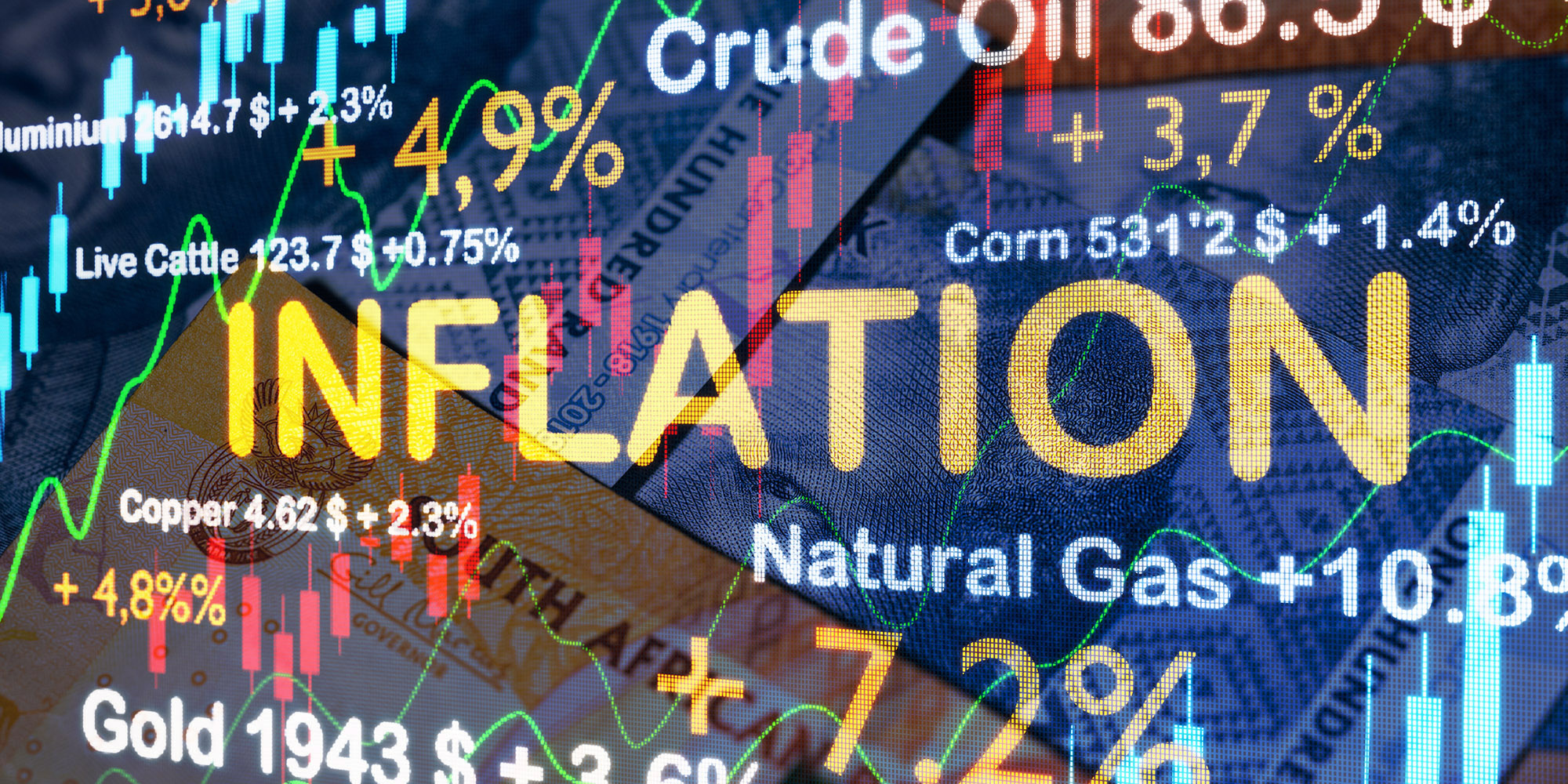South Africa’s consumer price inflation (CPI) slowed to 2.7% year-on-year in March from 3.2% in February, Statistics South Africa (Stats SA) said on Wednesday, with lower fuel prices and a softer rise in education fees cited as the main factors behind the cooling trajectory.
The reading, which came under the Bloomberg consensus forecast of 3.0%, is the lowest since June 2020 when the economy and demand were throttled by the initial hard Covid-19 lockdowns and is pointedly below the South African Reserve Bank’s (Sarb’s) 3% to 6% target range.
That does not seal the case for the Reserve Bank to cut rates when its Monetary Policy Committee (MPC) holds its next scheduled meeting in May. The MPC may still take a cautious approach given the sky-high levels of global uncertainty that have been unleashed by the Trump administration and its chaotic tariff policies under the “America First” banner.
But if CPI orbits around or slowly accelerates from such benign levels in the coming months the Sarb could cut rates down the road if and when the Trumpian confusion begins to clear and the trade wars cool off.
One key driver of the March CPI print was education costs. South African students a few years ago were protesting under the slogan “Fees Must Fall”, and while fees have hardly fallen, the annual increase has moderated.

“Education fees are surveyed once a year in March. The price index for education increased by 4.5%, lower than the 6.4% rise in 2024. School fees increased by 5.0% (from 6.6% in 2024). Tertiary education institutions charged 3.7% more in 2025, compared with the 5.9% rise recorded the year before,” Stats SA said.
Food inflation picked up slightly to 2.2% in March from 1.9% the previous month. The price for the staple maize meal remains a concern, rising on an annual basis to 13.1% from an already elevated 10.6% in February. This has taken a toll on lower-income households.
“We suspect that the current mild quickening of food price inflation will prevail for much of the year’s second quarter as the increases in the farm level of some of the key products, such as grains, continue to pass through to the retail level,” said Wandile Sihlobo, the chief economist at the Agricultural Business Chamber.
And for coffee and tea lovers, the price of their caffeine fix remains on the boil.
What this means for you
The cost of living is easing and your income should go further as inflation slows, depending on your consumption habits. If you drink lots of coffee or tea - that is consuming more of your disposable income. And don’t expect any immediate relief to your credit card or bond repayments as the Sarb may still hold fire on cutting rates.
“Although the annual rate for the hot beverages category declined slightly in March, it remains in double-digit territory at 14.4%. In fact, this category has witnessed double-digit inflation in all but five of the 32 months since August 2022. Instant coffee is 18.8% and black tea 12.8% more expensive than a year ago,” Stats SA said. DM





